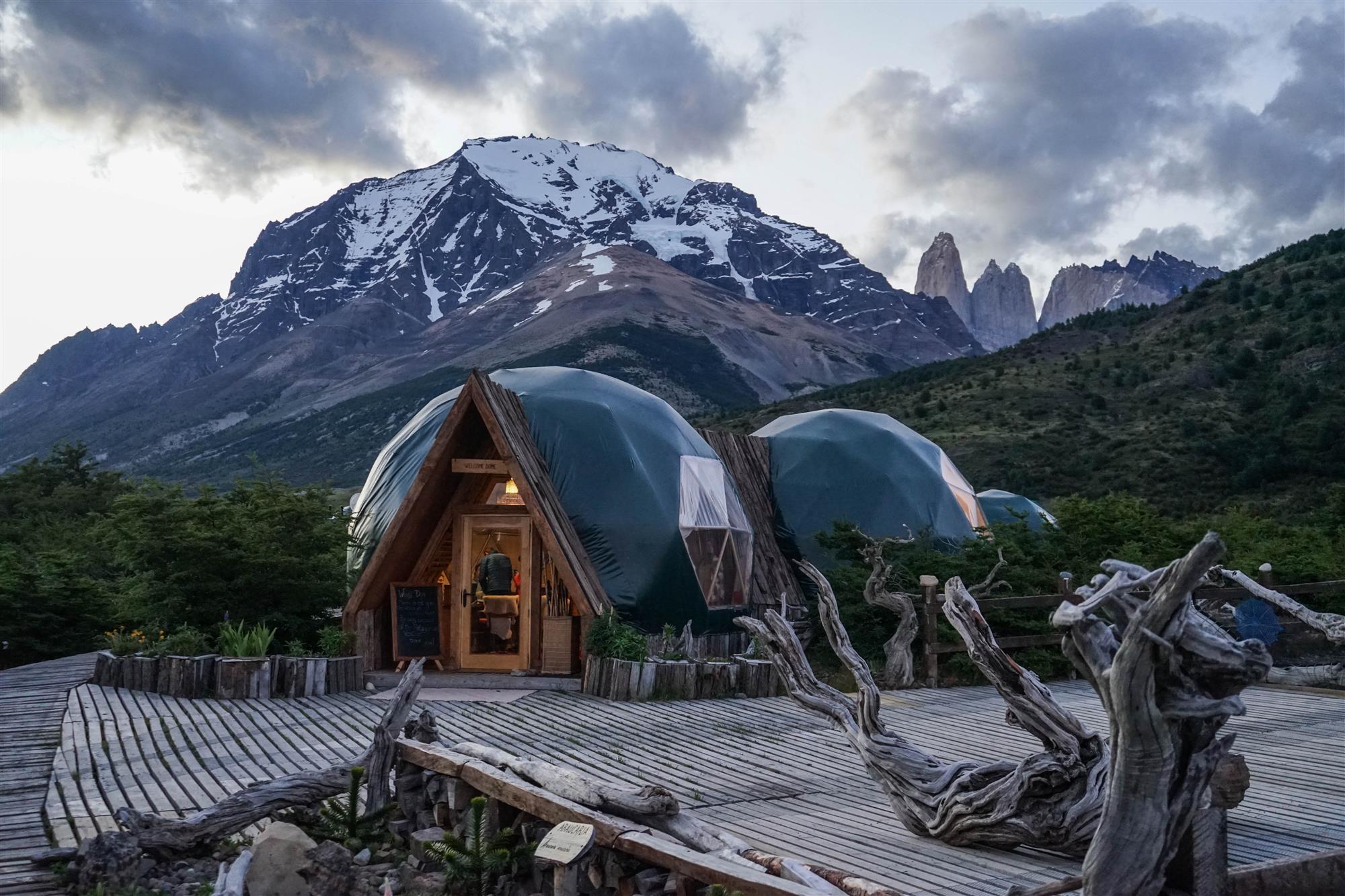By Mandeep Lamba, Dipti Mohan, Dhwani Gupta
The Indian travel industry is undergoing a remarkable transformation, shaped by shifting traveler preferences towards unique, experiential, and immersive journeys. Gone are the days of simply seeking out the most luxurious resorts, today’s travelers are in pursuit of something more enriching – a treasure trove of experiences that range from heart-pounding adventure sports and active tourism to immersing oneself authentically in the local culture – all of which satisfy the desire for continuous personal growth and learning. This change has given rise to the concept of experiential hotels, which offer guests stays that transcend the cookie-cutter hotel experience, delivering something truly extraordinary.
India’s diverse geographical landscape and rich cultural heritage provide an ideal canvas for experiential hotels to flourish. Free from rigid brand standards, these hotels also have a greater level of creative freedom which encourages them to continuously seek new ways to provide guests with unforgettable moments, and this innovation has driven a steady rise in demand. Many players have recognized this untapped opportunity and have introduced unconventional stays that offer unforgettable experiences to their guests, by building upon and capitalizing on the natural beauty of the place, a trend that is currently absent in mainstream hotel properties.
For example, consider the GlampEco Stays in Manali, which was started by four mountaineering enthusiasts. The hotel offers guests accommodation in geodesic domes, which not only provide uninterrupted views of snow-capped mountain peaks but also offer a glimpse of the endless valley below from an altitude of 2600 meters. Originally pioneered in Chile’s Torres del Paine National Park by EcoCamp Patagonia in 2001, geodesic domes have gained global popularity due to their sustainable appeal, with Finland’s Aurora Domes near Lake Torassieppi and Jeris, offering guests an opportunity to gaze at the northern lights in the coziest way possible, being one of the most sought after.
Nestled amongst the vibrant wilderness of Lonavala, India’s first military-themed resort, the Della Adventure Training Academy (D.A.T.A) is another such example. Catering to adventurous souls, the resort allows guests to challenge themselves under the guidance of special ops veterans, navigating through 22 different obstacles. The military theme extends to the restaurant and lounge, paying a heartfelt tribute to soldiers. The resort offers the perfect blend of luxury and adventure, ensuring guests enjoy top-notch facilities and luxurious rooms along with the challenges.
Further along the luxurious adventure trail, The Everest Base Camp in Mussoorie offers accommodation in luxury tents with private access to 20 acres of forest, along with adventure activities like jungle trekking and archery. Its fine dining restaurant, perched at a height of 2160 m, features live music and bonfires, along with offering intimate dining experiences with private picnics and BBQs, all the while honoring Sir George Everest, the erstwhile surveyor general of India.
For food enthusiasts, Villa Shanti – Heritage Hotel for Foodies in Puducherry is a culinary haven. Tucked away in the heart of the old French Town, this hotel, with its 15 rooms, is a short stroll from the Promenade Beach. It’s renowned for its restaurant, which comprises two distinct spaces: one opening onto a patio and vertical garden, and the other in an older, air-conditioned part of the building. The majority of ingredients are sourced locally, offering a diverse array of Indian and Continental cuisines.
These are just a few examples of experiential hotels in India, specializing in niche experiences coupled with distinctive and unforgettable accommodations. They redefine the essence of their locations through their unique offerings, attracting guests seeking experiences beyond the ordinary, even if they’ve visited the destination before. Another compelling factor is the high level of personalization and technology integration. These hotels, unburdened by stringent brand protocols, are better positioned to provide personalized experiences. Fueled largely by domestic tourist demand, their pricing often matches and sometimes even surpasses branded properties in the vicinity. The demand for experiential hotels is expected to rise as guests continue to look for that elusive “wow factor”. This presents an opportunity that industry players must seize to not only successfully adapt to evolving customer preferences but also to maintain their competitive edge.





